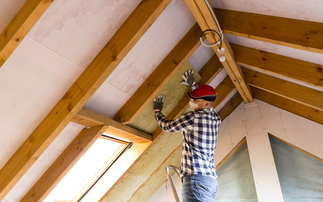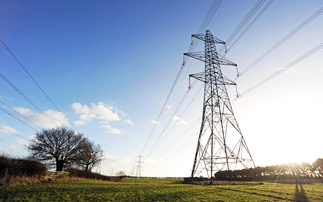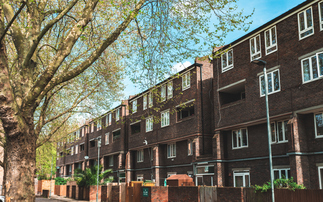With a few simple calculations you can work out how much energy is being wasted by the main electronic devices your business uses - This blog shows you how
When it comes to saving energy, businesses throughout the UK are working hard to ensure that they get the basics right. Energy efficient windows and doors, properly insulated buildings and large scale...
To continue reading this article...
Join BusinessGreen
In just a few clicks you can start your free BusinessGreen Lite membership for 12 months, providing you access to:
- Three complimentary articles per month covering the latest real-time news, analysis, and opinion from Europe’s leading source of information on the Green economy and business
- Receive important and breaking news stories via our daily news alert
- Our weekly newsletter with the best of the week’s green business news and analysis






